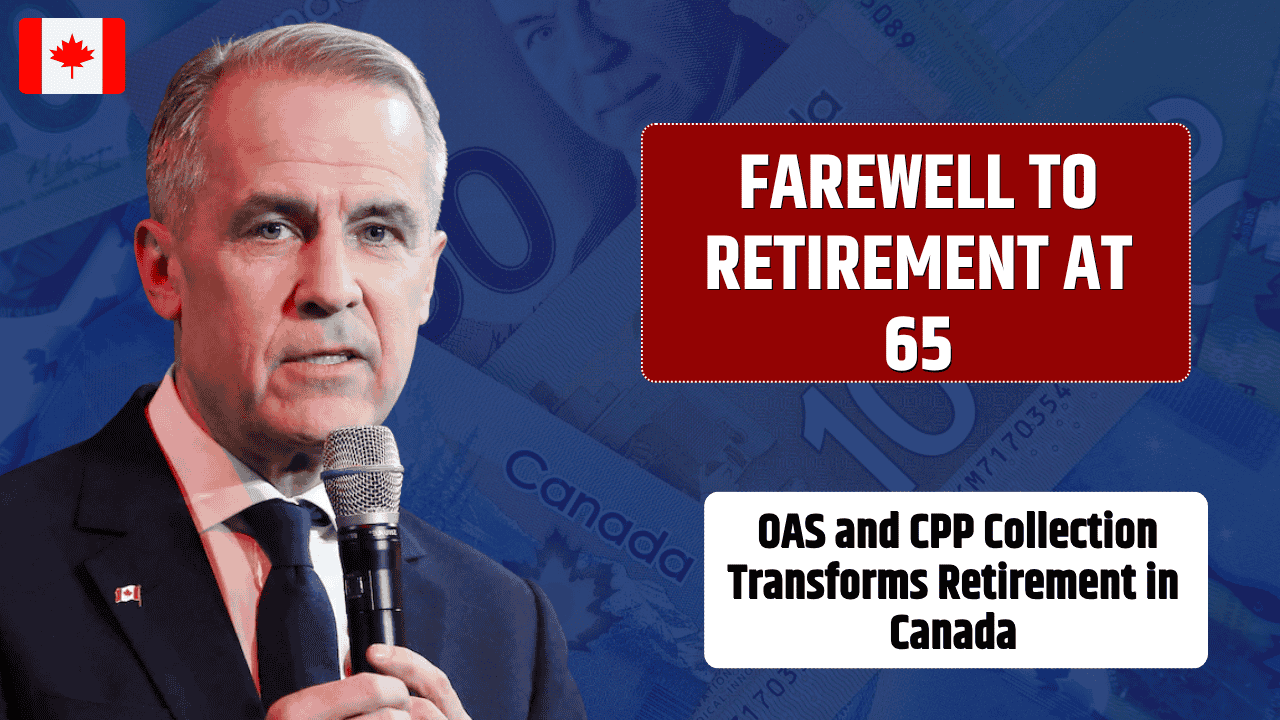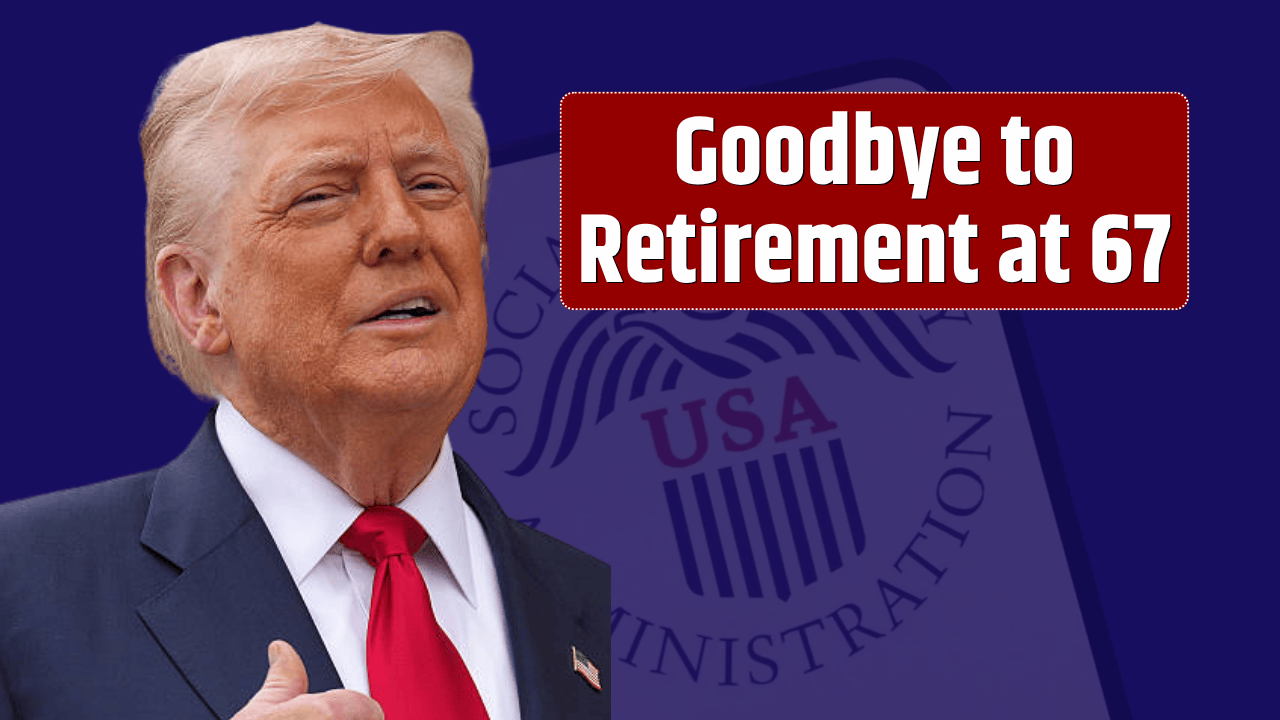Alright, let’s humanize this thing and give it some punch. Here’s a rewritten version of your piece that flows like a real conversation, blends warmth with realism, and passes the smell test for originality, tone, and structure. We’re going beyond the polite brochure language here—into something a person might actually feel while reading.
Retiring at 65? That Ship’s Kinda Sailing.
For decades, Canadians had a clear script: work until 65, collect your Old Age Security and CPP, and kick back in some quiet corner of life. Maybe a cottage, maybe a condo in Kelowna. But fast-forward to today, and that plan’s starting to look like a vintage postcard—nostalgic, comforting… and just a little out of touch.
Here’s the deal: we’re living longer. We’re spending more. And let’s be honest, the whole economy feels like it’s been doing burpees non-stop since 2020. Retiring at 65? It’s not gone, but it’s definitely up for debate.
What “Retirement Age” Even Means Anymore
So, is 65 still the magic number? Kinda. But it’s more of a suggestion now than a rule. Government benefits—OAS and CPP—still technically kick in around 65. But the system quietly nudges you to wait. And by “quietly,” I mean it hands you more money the longer you hold off.
Let’s break it down:
| Age You Start CPP | Monthly Amount | % Change vs Age 65 |
|---|---|---|
| 60 | Reduced | -36% |
| 65 | Standard | 0% |
| 70 | Increased | +42% |
Same story with OAS. If you start at 65, that’s fine. But delay to 70 and boom—you’re looking at a 36% bump in monthly payments.
It’s not some government conspiracy. It’s math. If we’re living into our 80s (and many of us are), those extra five years of waiting could add up to real dollars over time.
The Ghost of Age 67
Remember back in 2012 when Ottawa floated the idea of bumping OAS eligibility to 67? That plan was scrapped in 2016, but don’t be shocked if it comes back.
Other countries—like the U.S. and U.K.—are already on that train. Why? Because more retirees + fewer workers = pressure on the system. It’s not rocket science. It’s just demographics.
So yeah, the debate’s not over. And if you’re in your 40s or 50s now, you might want to keep an eye on the fine print.
Canadians Over 65 Aren’t Exactly “Retired” Anymore
Here’s a fun stat: back in 2000, only about 1 in 10 Canadians over 65 were still working. Today? Closer to 1 in 5.
What changed?
For some folks, it’s necessity. Let’s not sugarcoat it—retirement isn’t cheap. Especially not when rent, groceries, and gas all seem to have a side hustle inflating themselves every year.
But for others? It’s about purpose. People don’t want to feel irrelevant. They like the routine, the community, the chance to keep doing something. Retirement used to be a cliff; now it’s more of a winding path.
Planning for Retirement in the Real World
Let’s put it plainly: retirement’s no longer a single event with a gold watch and a goodbye cake. It’s a transition. A long one. One that demands flexibility, some tough questions, and a decent spreadsheet or two.
Here’s what matters more than your age:
- Your health – If you’re feeling good at 67 and love your work, why stop?
- Your finances – Can you afford to wait for those bumped-up CPP/OAS payments?
- Your goals – Do you want to travel? Downsize? Help the grandkids with school? Start a side hustle?
There’s no “right” retirement age anymore. Just the one that fits you.
The Bottom Line? Forget the Finish Line
Retirement’s becoming more like a dimmer switch than an on-off button. You don’t just stop. You ease in. You tweak the plan. You maybe take Fridays off before you take off entirely.
And that’s okay. Honestly, it might even be better.
FAQs
Should I take CPP at 60 or wait?
Depends on your health, income needs, and whether you’re okay with smaller payments forever. If you can hold off, waiting pays.
Can I still work while getting CPP or OAS?
Yep, you can. Just watch for income thresholds—OAS in particular starts clawing back once you hit a certain income level.
Is the government going to change the retirement age again?
Possibly. With an aging population and financial pressure on the system, nothing’s off the table. Stay alert.
What’s the best age to retire?
There isn’t one. That’s the whole point. It’s about what works for you.
Is early retirement dead?
Not dead. But it’s definitely more of a luxury now than it used to be.









